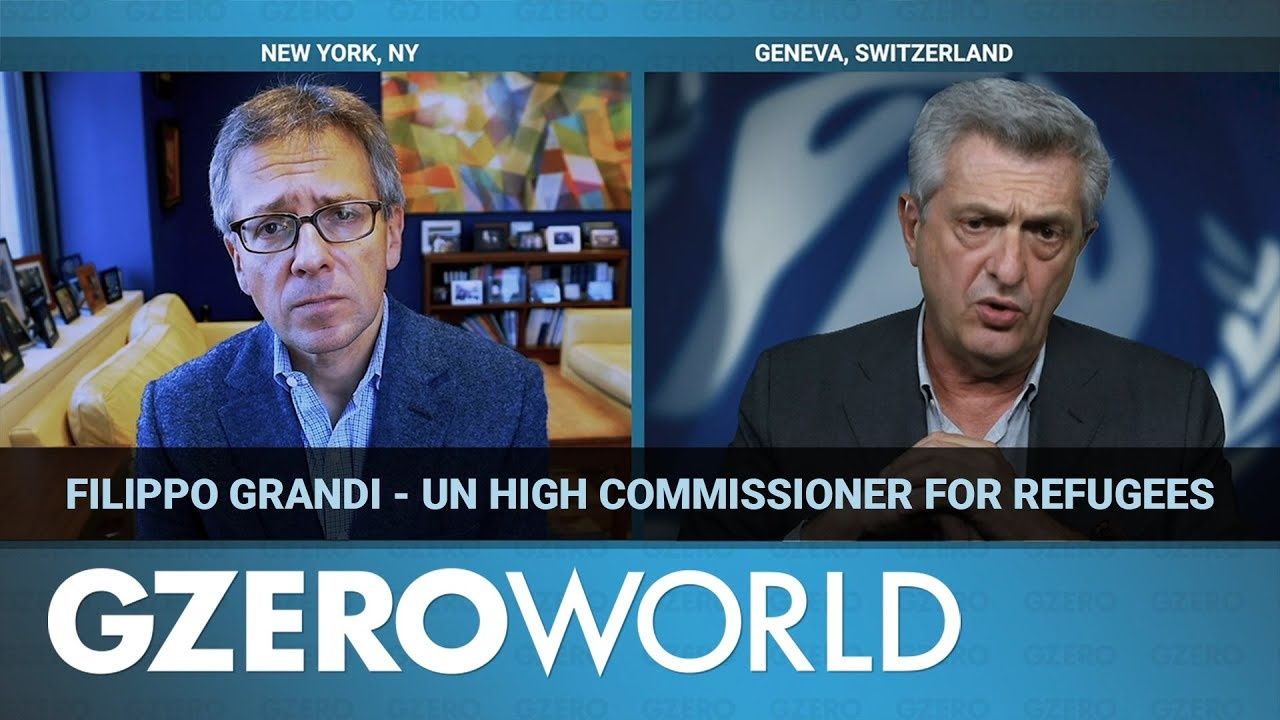GZERO World Clips
An interview with UN High Commissioner for Refugees Filippo Grandi

Full Interview: UN High Commissioner for Refugees Filippo Grandi | GZERO World

An extended conversation with UN High Commissioner for Refugees Filippo Grande.
UN High Commissioner for Refugees Filippo Grandi (who recently contracted the virus himself) tells Ian Bremmer in this week's episode of GZERO World that the coronavirus has upended the lives of millions of refugees in countless ways. Countries that were already limiting their number of refugees closed up their borders entirely. And today, as nationalist sentiments and straight-up xenophobia become ever more prevalent, 80 million people, or one percent of the world's population, find themselves displaced.
Watch the episode: UNHCR chief: How the pandemic has upended the lives of refugees
As expected, the Supreme Court struck down the bulk of Donald Trump's sweeping “Liberation Day” tariffs as illegal … and almost nothing changed.
Chris, an Army veteran, started his Walmart journey over 25 years ago as an hourly associate. Today, he manages a Distribution Center and serves as a mentor, helping others navigate their own paths to success. At Walmart, associates have the opportunity to take advantage of the pathways, perks, and pay that come with the job — with or without a college degree. In fact, more than 75% of Walmart management started as hourly associates. Learn more about how over 130,000 associates were promoted into roles of greater responsibility and higher pay in FY25.
Somewhere in the Donbas region, Ukrainian soldier Artem Bondarenko says he hasn’t slept through the night in months as he defends Eastern Ukraine.
In the latest episode of Vladimir Putin and Xi Jinping's hit wellness podcast This Authoritarian Life, we learn how positive communication patterns can break negative cycles in our relationships -- especially our relationships with Iran, Syria, Venezuela, and Cuba. #PUPPETREGIME